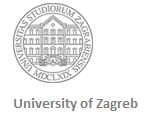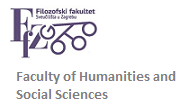Home » 10. semestar – NASTAVNIČKI SMJER – dvopredmetni
Category Archives: 10. semestar – NASTAVNIČKI SMJER – dvopredmetni
Assessing Linguistic and Communicative Competence
Course title: ASSESSING LINGUISTIC AND COMMUNICATIVE COMPETENCE Instructor: Marta Medved Krajnović, PhDECTS credits: 3Language: EnglishSemester: XStatus: electiveEnrollment requirements: noneExam: written Content: Defining the terms assessment, evaluation, testing, language proficiency and communicative competence; comparison of Croatian and English terminology. The construct of communicative language competence. Testing purposes and characteristics of language tests: reliability, validity, authenticity, interactivity, […]
Protected: ENG-DVOP-nastavn-cijeli-dvopredmetni (en)
There is no excerpt because this is a protected post.
Practicum 2
Course title: PRACTICUM 2 Instructors: izv. prof. dr. sc. Renata Geld, Nives Kovačić, asist. ECTS credits: 3 Status: mandatory Semester: IV Enrollment requirements: none Course description: Practical insights into language development of learners of different ages. Development of teacher rapport. Awareness of teaching impact on learning. Classroom management. Self-observation. Designing teaching activities for different ages […]



